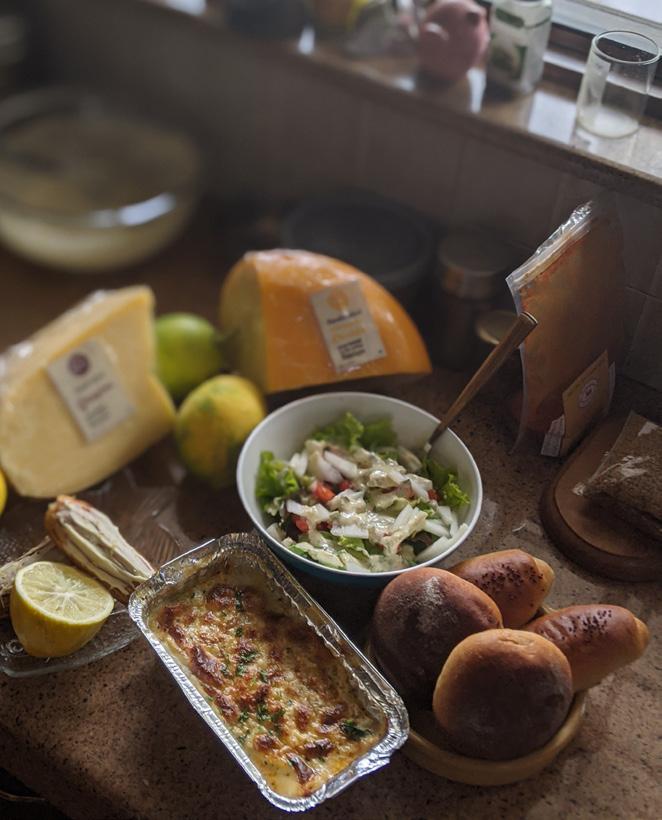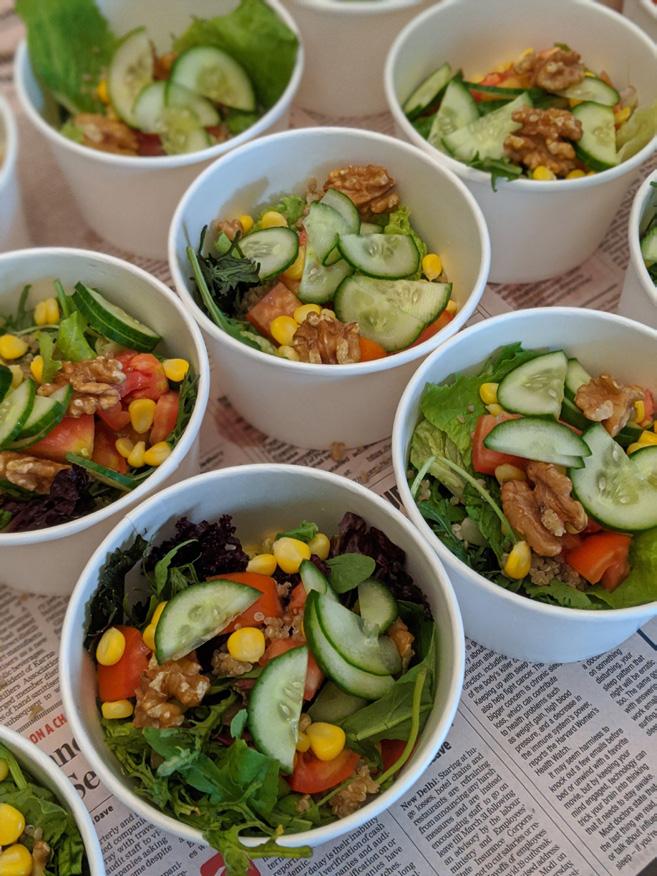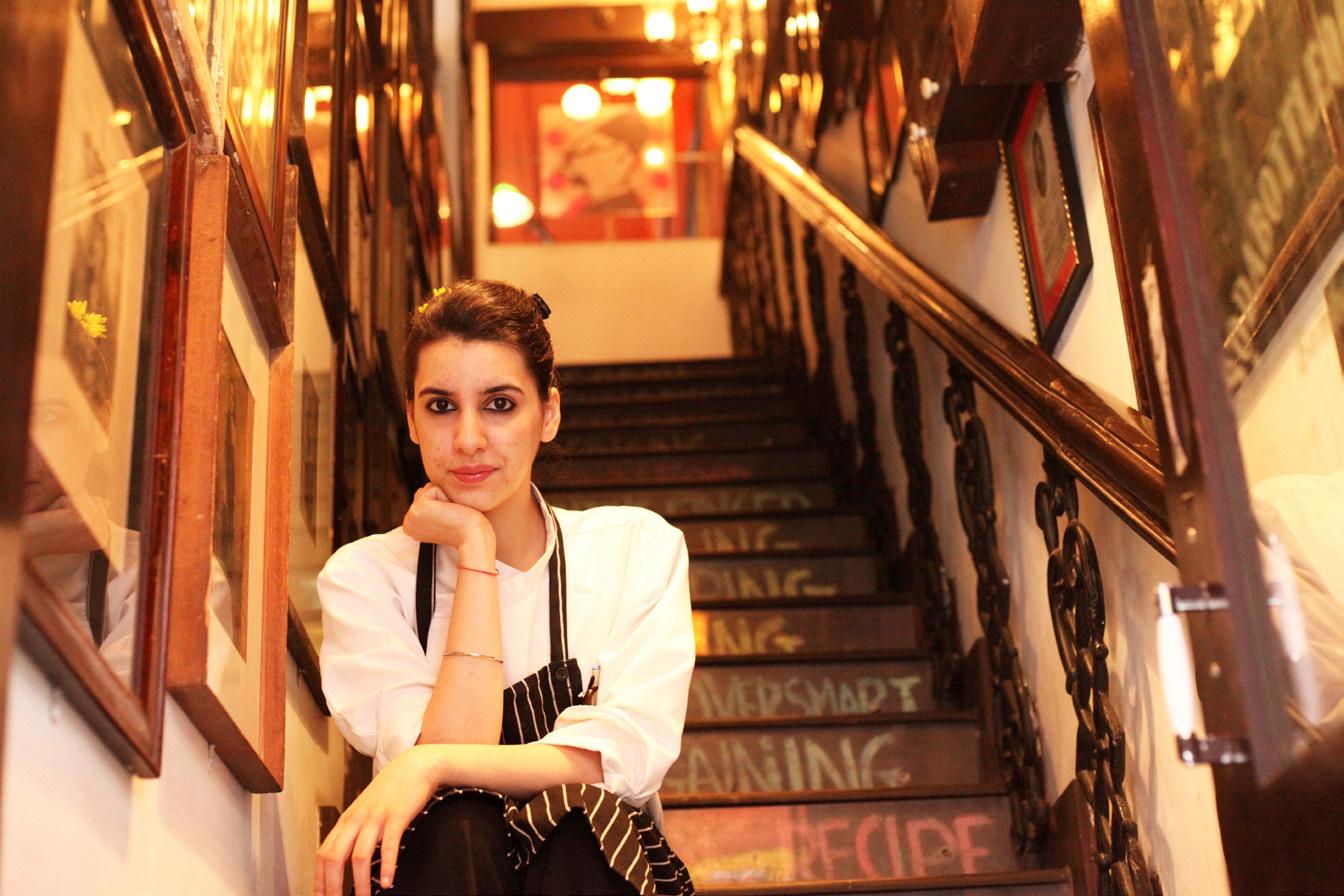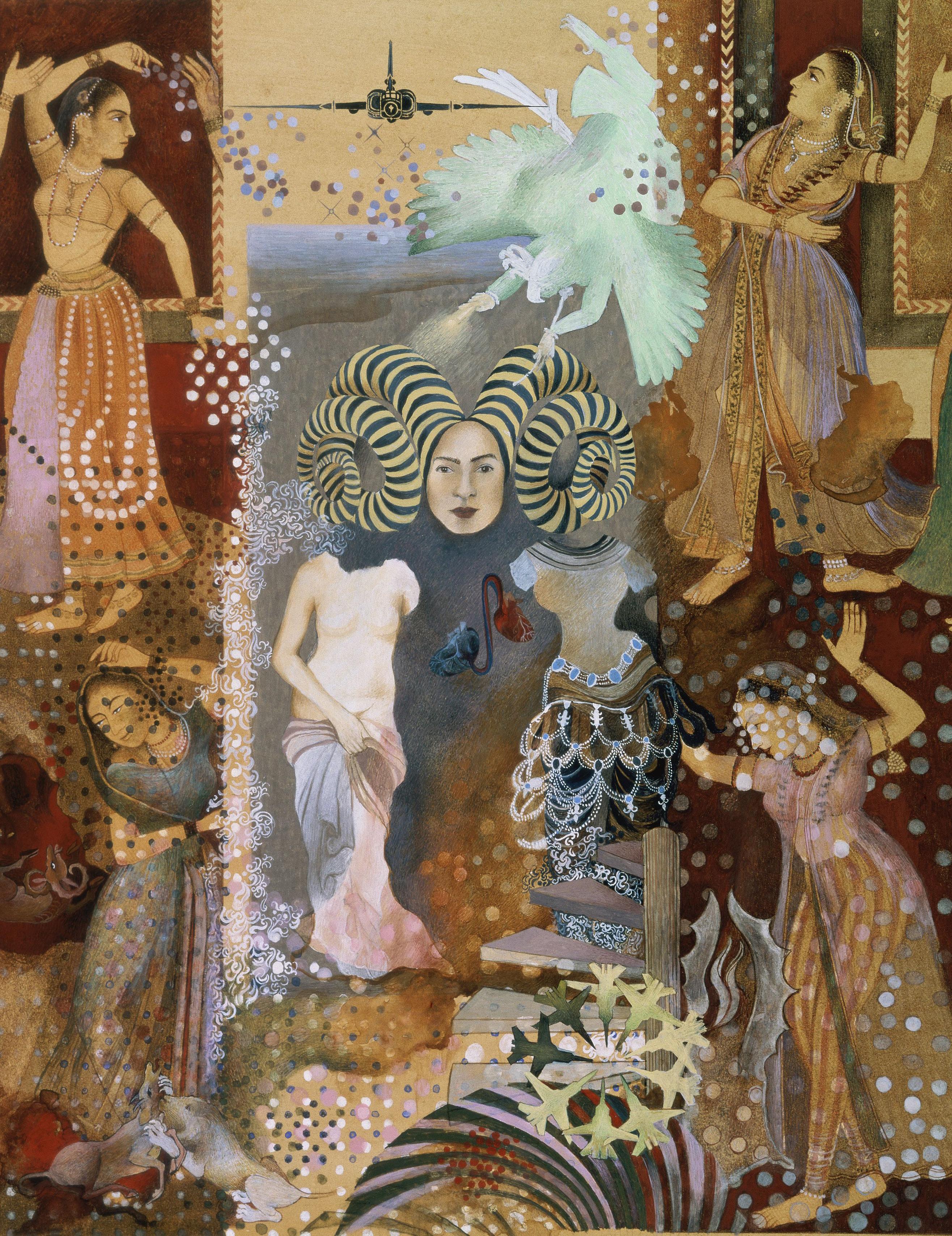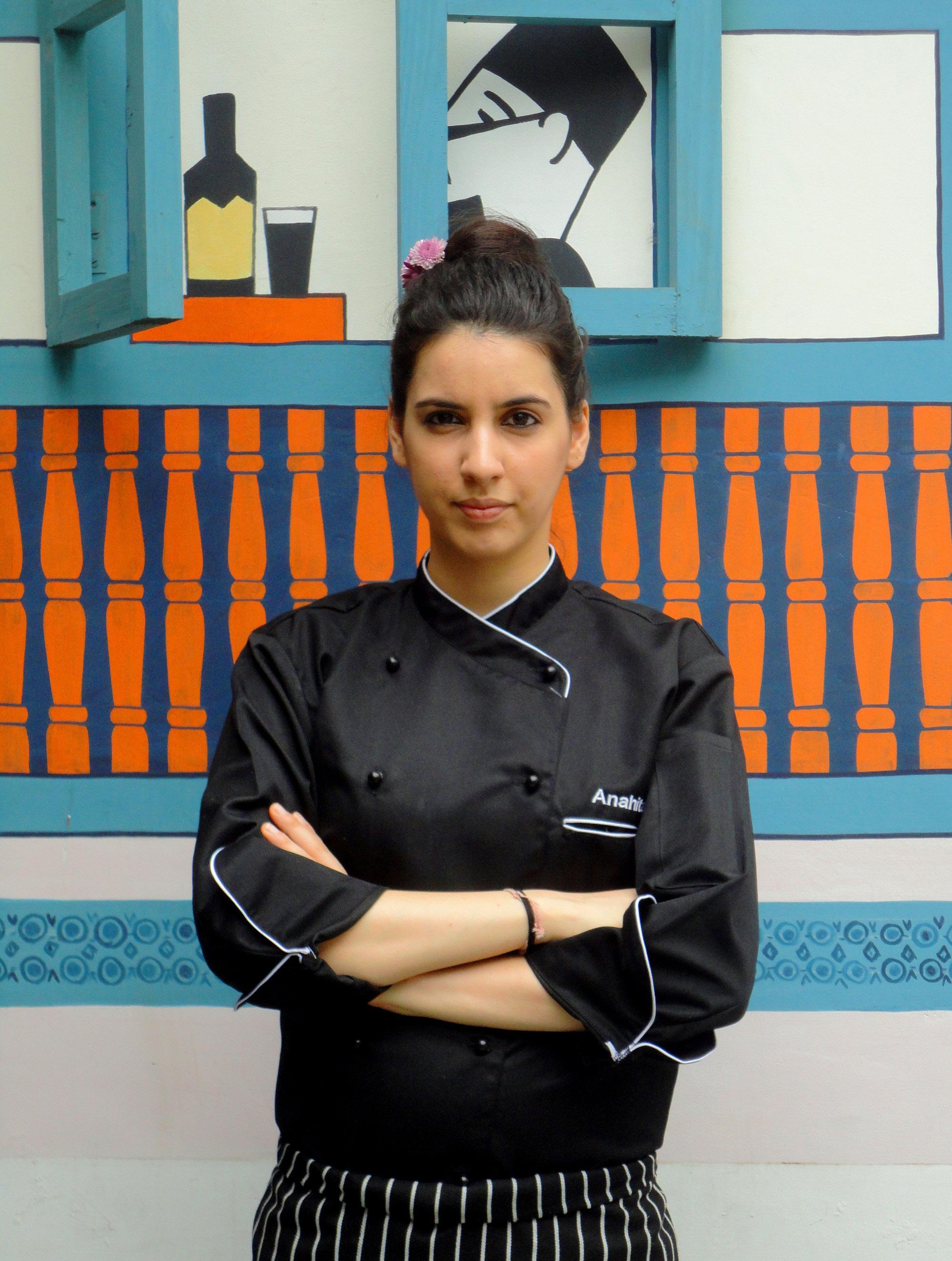
3 minute read
The Way Back Home
from SEEMA Magazine
by SEEMA
The
Way Back Home
CHEF ANAHITA DHONDHY WANTED TO MAKE HER NAME IN WESTERN CUISINE; INSTEAD, SHE HAS BECOME A GAMECHANGER IN THE INDIAN VARIETY
ANUBHUTI KRISHNA
Imagine a young chef riding the wave of success, traveling across the globe, winning awards and taking the culinary world by storm… Then the pandemic strikes. The restaurant she has so lovingly built is shut for months, the team she has nurtured is forced to disband, and the chef herself has to sit at home.
Anahita Dhondhy may not be the only one who faced this situation in 2020 but she surely is one of the few who turned this adversity on its head and created opportunity out of it.
Agraduate from the Institute of Hotel Management, Aurangabad, and a Grande diploma holder from Le Cordon Bleu London, Anahita Dhondhy is a darling of the media, a role model for young women, and a chef partner at SodaBottleOpenerWala, Gurgaon.
Dhondhy is one of the most recognizable Indian chefs worldwide. An advocate of local, seasonal and regional produce and champion of making Indian cuisine cool, she has been in the limelight since her career began seven years ago.
Ironically, while Dhondhy today is the face of modern Indian cuisine worldwide, she grew up dreaming of cooking modern European cuisine.
“I had always wanted to work with modern European and French cuisine, and loved working with pastry,” says Dhondhy with a smile. “During my time at Cordon Blue, however, I really missed home food.” This longing led her to cook Indian every night, eventually

paving the way for her to open the first mainstream Bombay Irani café in India as a chef manager. Her Parsi roots, her passion to revive the dying culinary heritage of the community, and her hard work, all ensured that in just a couple of years she became not just one of the most popular chefs in the country but also the face of India in culinary forums across the globe. By 2019 she had won umpteen awards and had featured in the elite Forbes 30 Under 30 Asia list.
Dhondhy says she did not work for the awards, but for the reward of working in her kitchen and bonding with her community.
“My connection with my followers, my guests who became friends, and the culinary community at large saw me through the lockdown,” she says. The community she had built over the past seven years really responded to a new idea she had.
“I was seriously missing cooking so when the lockdown eased, I decided to start a home kitchen with mum,” Dhondhy says. This turned into reality a long-standing dream she had – of sharing her Parsi culinary heritage, and to cook with her mother. Soon Anahita and
Nilufer’s Weekend Kitchen became the talk of the town – and social media – and the weekend meals started selling out days in advance.
The kitchen, now in its sixth
month, started with Parsi staples like Dhansak and Vaghrela Chawal, but expanded to Western offerings like Moussaka and fresh bread rolls. Every meal was accompanied with sides and desserts. The experience, Dhondhy says, was both humbling and encouraging.
“As a chef there is nothing I wanted more than cooking, and as a manager it was important that I did not become a burden on my resources,” she says. Which is why even though her restaurant is open now, Dhondhy continues to run the kitchen and uses most of her restaurant resources to pay the staff.
How has this change affected her?
“The pandemic has made everyone in sit up and rethink. At the moment being relevant and helping your community is what matters most, apart from taking care of your team,” she says, adding that this viewpoint has helped her appreciate her people, her craft and her life even more.
“That I can do what I love and have the liberty to play around with my menus, ingredients, and offerings is means a lot at this time,” Dhondhy says.
She has a word of caution for other women hoping to make it good in the food business.
“Working with food may look glamorous but it is real hard work,” Dhondhy says. “So if you want to make it big, you should be prepared to work hard for it.”
